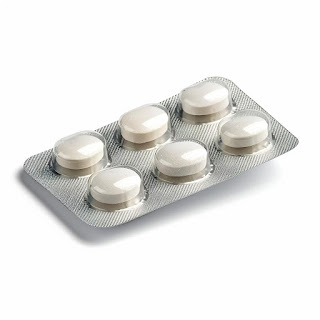Phentermine and Diarrhea
Phentermine is a medication commonly prescribed for weight loss and management. It works as an appetite suppressant by affecting the central nervous system, leading to reduced food intake. While phentermine can be effective in helping individuals achieve their weight loss goals, it is important to be aware of the potential side effects associated with this medication. One such side effect that some individuals may experience while taking phentermine is diarrhea.
Diarrhea is characterized by frequent loose or watery stools, often accompanied by abdominal cramping and discomfort. It can be a bothersome and inconvenient side effect that may impact the quality of life for some individuals. Understanding the relationship between phentermine and diarrhea is important for those considering or currently taking this medication.
Causes of Diarrhea When Taking Phentermine
There are several factors that may contribute to the development of diarrhea in individuals taking phentermine. One possible cause is the stimulant effect that phentermine has on the gastrointestinal tract. Phentermine can increase gastrointestinal motility, leading to faster transit of food through the digestive system. This accelerated movement can result in less water being absorbed from the stool, ultimately leading to loose or watery stools characteristic of diarrhea.
Another factor that may contribute to diarrhea while taking phentermine is individual sensitivity to the medication. Not everyone will experience gastrointestinal side effects such as diarrhea while taking phentermine, but for some individuals, the medication may disrupt the normal functioning of the digestive system, resulting in symptoms such as diarrhea.
Managing Diarrhea While Taking Phentermine
If you are experiencing diarrhea while taking phentermine, there are several steps you can take to help manage this side effect. It is important to stay hydrated by drinking plenty of fluids throughout the day. Diarrhea can lead to fluid loss and dehydration, so it is crucial to replenish lost fluids to maintain proper hydration levels.
Additionally, you may consider adjusting your diet to include foods that are gentle on the digestive system. Avoiding foods that are high in fat, spice, or fiber can help alleviate symptoms of diarrhea. Instead, opt for bland, easily digestible foods such as rice, bananas, and toast until your symptoms improve.
When to Seek Medical Attention
While diarrhea is a common side effect of phentermine, it is essential to be aware of when to seek medical attention. If you experience severe or persistent diarrhea, or if you notice blood in your stool, it is important to contact your healthcare provider. These may be signs of a more serious underlying condition that requires evaluation and treatment.
Your healthcare provider may recommend adjusting your dosage of phentermine, switching to a different medication, or addressing any other underlying issues that may be contributing to your diarrhea. It is crucial to communicate openly and honestly with your healthcare provider about any side effects you may be experiencing while taking phentermine.
Conclusion
Phentermine can be an effective medication for weight loss, but it is important to be aware of potential side effects such as diarrhea. Understanding the causes of diarrhea while taking phentermine and knowing how to manage this side effect can help individuals navigate their weight loss journey more effectively.
By staying informed, staying hydrated, and seeking medical attention when necessary, individuals can work towards achieving their weight loss goals with the support and guidance of their healthcare provider. Remember that everyone's experience with phentermine may be different, so it is essential to listen to your body and communicate any concerns or symptoms with your healthcare provider.




Comments
Post a Comment